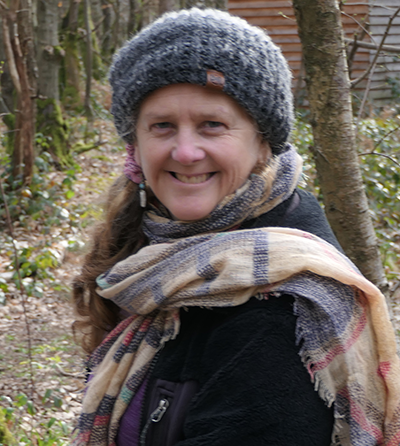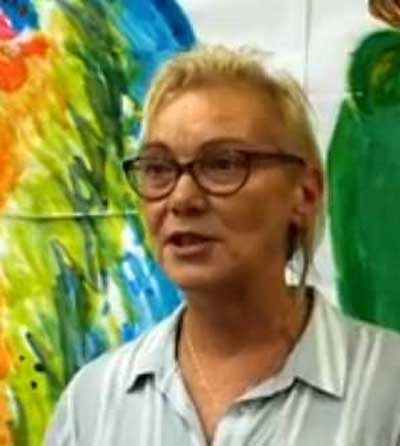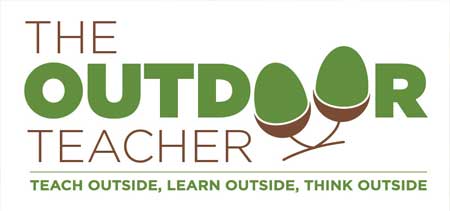CLR Certificate in Nature Based Therapeutic Skills Online Training
Introduction
Discover core therapeutic and nature play skills you can use to enhance your group work or individual practice.
Also, learn about the impact of stress and adversity on human behaviour. More importantly, effective methods you can use to encourage and support positive experiences.
Who is the CLR certificate in nature-based therapeutic skills for?
This online post-qualifying certificate is suited to people qualified to work with children. In particular, those who want tools and methods to work outdoors with clients or students safely.
- Forest school leaders
- Teachers
- Teaching assistants
- Counsellors
- Therapists
- Social workers
- Parents
- Health practitioners
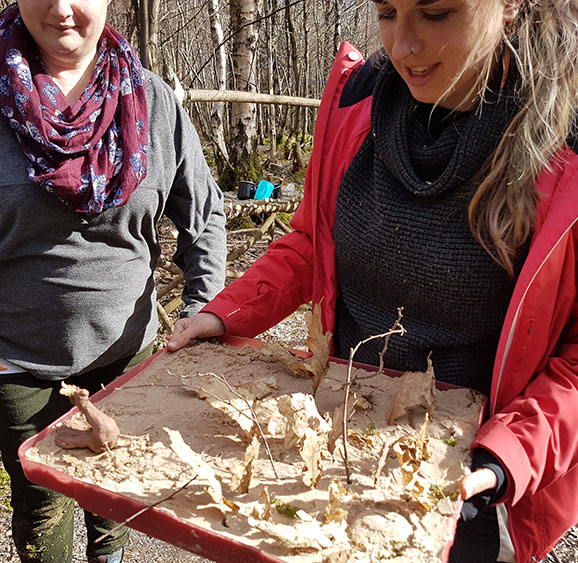
What you’ll learn
- Therapeutic play skills including reflective language, direction and non-direction, sensory attunement, somatic anchors, puppets, core boundaries and creative practice in nature
- Understanding healthy mind and body, including the benefits of outdoor work with groups
- Self-awareness and ability to co-regulate and work safely with a range of people
- Core theory and practice, based on nature-centric models, psychology, current neuroscience, including attachment theory, Jung and the Shadow, Kahneman and Siegal, Porges and Jennings
- Understanding Adverse Childhood Experience and the effect of stress
How the CLR certificate in nature-based therapeutic skills works
Module 1: Establishing roots, sense of belonging and grounding
This module introduces the concept of:
|
Theory and practice from a range of disciplines including: (D Winnicott; J.Bowlby; Habitat theory; Neurobiology/Neuroscience |
Module 2: Nature-centric models
This module explores:
- The relevance of a diversity of systems which use the symbol of the circle to encourage place attachment and understanding of the human within the more-than-human world
- Understanding human development within a nature-centric model
- Place as a conversational partner
- Whole intelligence: emotional, physical, spiritual, and mental
- Applications of practice within health and education: Forest Schools to green care interventions
- Practical examples to increase your ‘tool kit’ with games, creative and sensory-based ideas
- Mental health continuum: Exploring your own triggers and inner landscape
Module 3: Lost in the woods
This module explores:
|
|
Module 4: The power of play
This module explores:
|
|
Module 5: Optional practical immersion training (1 day in-person)
This optional module takes place in October in our stunning Sussex woodland site and covers:
- Playful practice in nature
- Swings and ropes
- Creativity with nature
- Puppets and story
- Construction with nature
- Boundaries and the outdoors
- Experiential exercises
Course details
Number of modules:
4 * Optional extra Module 5 for practical immersion: 1-day in the UK.
How long will it take?
4-5 months (depending on whether you sign up to optional module 5.)
How many hours?
12 hours direct training & 12 hours gap task activities
Study method
- Home and reading exercises
- Practical activities
- Gap tasks
- Reflective journaling
- Group tasks
Other
On booking, you’ll receive an equipment list.
Don’t worry, it’s not difficult or expensive!
Course features
- Each live module is 3 hours
- Access to an online portal
- Handouts to complement training
- Access to further resources
- Recognised CPD certification for completion of modules
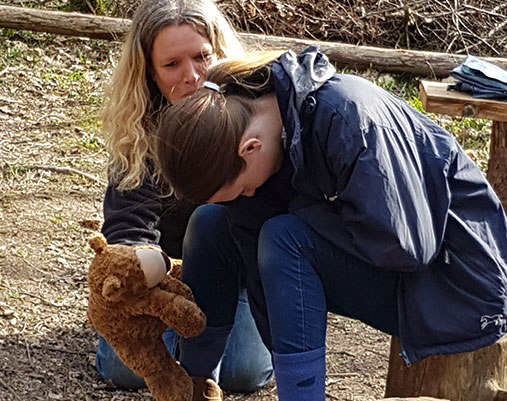
Your CLR certificate in nature-based therapeutic skills facilitators
Our tutors are dedicated, experienced, and, best of all, have up to date knowledge of Forest School and Environmental education. Also, mental health issues.
Why get certified?
- Deepen your understanding of how to support young people effectively
- Get up to date with new science that supports self and co-regulation
- Learn new skills to facilitate better relationships and outcomes for young people and adults
Next available course dates
Module 5 takes place at our stunning woodland site located at Mill Woods, near Laughton, East Sussex, BN8 6BP
Module 1: November 4th 2021: 6pm to 9pm
Module 2: December 2nd 2021: 6pm to 9pm
Module 3: January 6th 2022: 6pm to 9pm
Module 4: February 3rd 2022: 6pm to 9pm
*Module 5: March 3rd 2022: 9.30am to 4.30pm
*Optional extra: Module 5 for practical immersion: 1-day in the UK.
Cost for modules 1, 2, 3 & 4:
£325
Cost for optional extra module 5:
£135 per person
Modules 1-4 are LIVE online sessions but will be recorded.
Why learn with Circle of Life Rediscovery?
Circle of Life Rediscovery CIC has over 25 years of experience in training professionals and inspiring thousands of people of all ages and backgrounds into the outdoors in both the UK, Ireland, Portugal and SE Asia.
We are a leading organisation in nature connection and personal development. As such, we’ve received many grants and awards for our work with groups across different ages and backgrounds.
Our team also offers bespoke training. Get in touch to discuss your requirements
Bonus content
Sign up for our Certificate in nature based therapeutic skills training course and get a 20% discount on The Outdoor Teacher’s Forest School Activities Online Training Course taught by Circle of Life Rediscovery founder, author, and trainer Marina Robb
✔️ Get 100 videos and resources and step by step instructions
✔️ Explore a bumper pack of additional inspiring activities and ideas to use in your forest school sessions
✔️ Refresh or learn the core skills from Forest School Training Level 3
Get trained in nature-based therapeutic skills
Accomplish something meaningful. Develop your career

